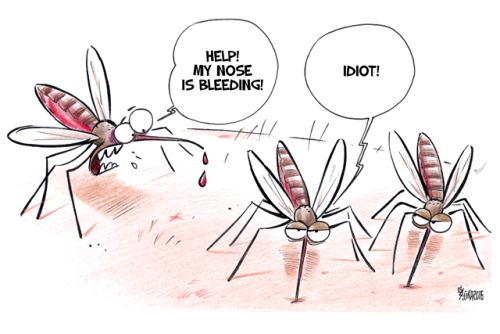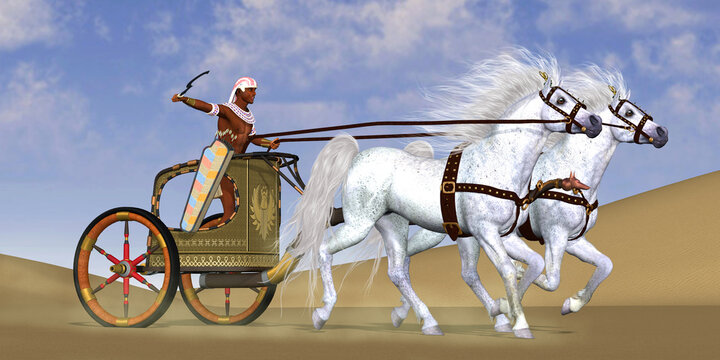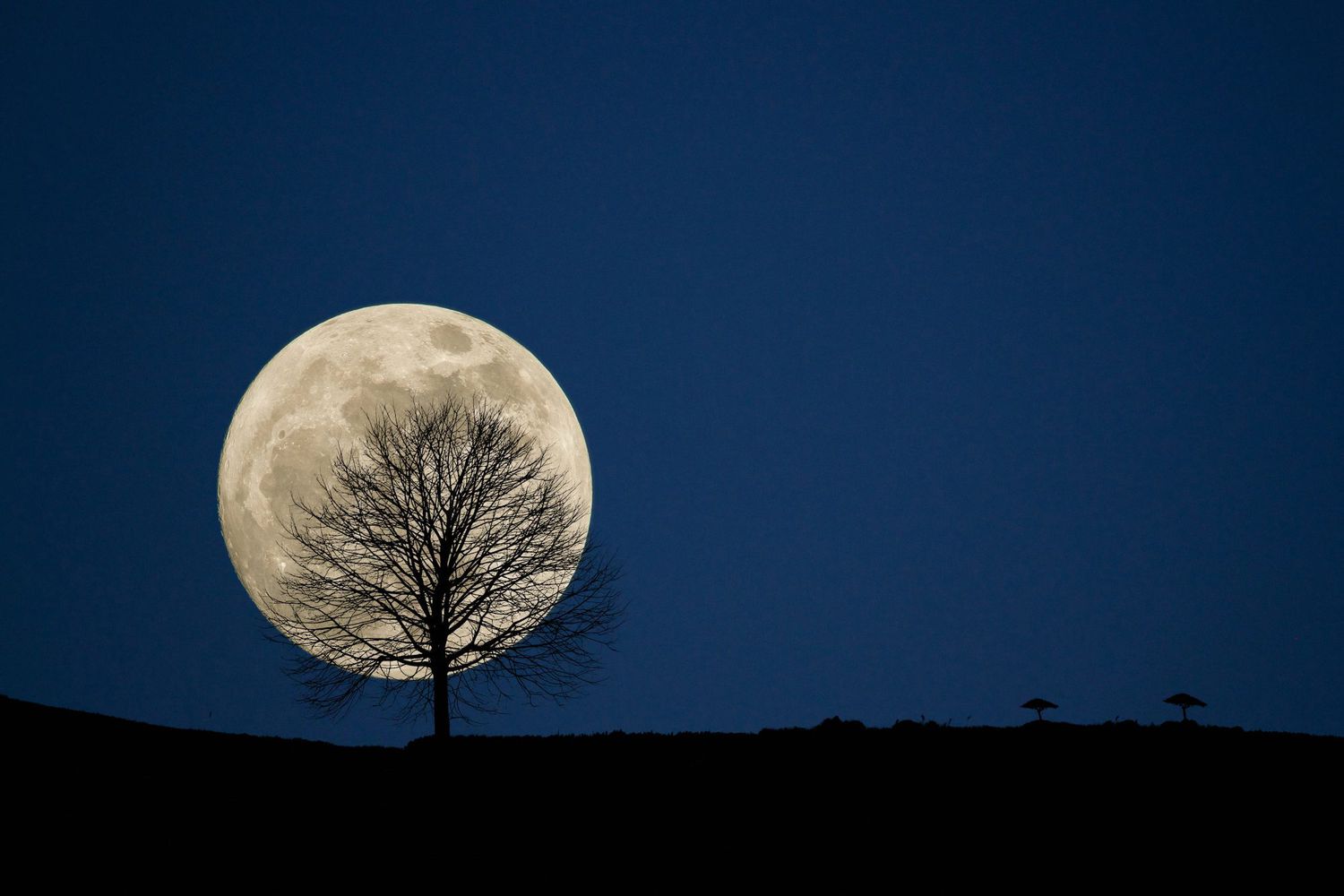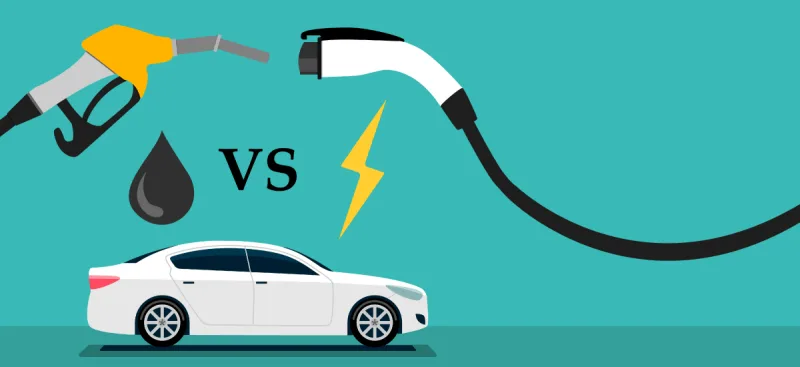
Introduction:
What Are Mosquitoes, Anyway?
Mosquitoes are the freeloaders of the insect world. There are over 3,500 species of these tiny bloodsuckers globally, and their primary goal in life seems to be making humans miserable. Fun fact: not all mosquitoes bite. Only the females need your blood. Why? To nourish their eggs. Essentially, every mosquito bite you’ve ever endured was a baby shower invitation you couldn’t decline.
Mosquito Anatomy: The Tiny Syringe of Doom
Mosquitoes come equipped with a needle-like mouth called a proboscis, which has six parts:
- Two needles to pierce your skin.
- Two needles to hold the skin apart.
- One needle to inject saliva.
- One needle to suck your blood.
That’s right, your body is basically a self-service buffet for these tiny assassins. Their saliva contains chemicals that prevent your blood from clotting, which is why their bites itch like you’ve rolled in poison ivy.
Why Are Mosquitoes So Deadly?
According to the World Health Organization (WHO), mosquitoes are responsible for over 700,000 deaths annually, thanks to diseases like malaria, dengue, and Zika virus. For context, that’s more deaths than car accidents, earthquakes, and shark attacks combined. You’re more likely to die from a mosquito bite than from bungee jumping off a cliff.
Types of Mosquitoes
- Aedes aegypti (The Drama Queen):
Known as the yellow fever mosquito, this diva spreads diseases like dengue, Zika, and chikungunya. Found in tropical and subtropical areas, it’s like the mosquito equivalent of a celebrity—you can’t avoid it, and it’s always causing trouble. - Anopheles (The Assassin):
This is the mosquito that makes malaria a household name. Found everywhere except Antarctica, it’s like that one villain in every movie: always plotting, never sleeping. - Culex (The Party Crasher):
These mosquitoes are the everyman of the mosquito world. They carry West Nile virus and filariasis, and they’re most active at night, just when you thought it was safe to step outside. - Toxorhynchites (The Vegan Mosquito):
Hold on—there’s a mosquito that doesn’t suck blood? Yes, the Toxorhynchites feeds on nectar and actually helps control other mosquito populations by eating their larvae. Basically, it’s the mosquito that everyone else hates for ruining the reputation of the species. - Psorophora (The Hulk):
These are among the largest mosquitoes in the world. Their larvae are aggressive predators, and the adults are strong enough to make you feel like you’ve been punched, not bitten.
Mosquito obstetrics
- Gestation Period:
Mosquitoes are efficient reproductive machines. From egg to adult, the entire life cycle takes about 8-10 days. That’s right—they grow up faster than your average houseplant. - Birth Rate:
A single female can lay 100-300 eggs at a time and do this 3-4 times in her lifetime. If mosquitoes had Instagram, their “family photos” would look like a crowd at a rock concert.
Why Do They Bite?
Female mosquitoes need blood to produce eggs. It’s not personal—they’re just trying to keep the mosquito population booming.
A World Without Mosquitoes
Imagine a world with no mosquitoes. No buzzing in your ears at 3 a.m., no itchy welts that make you question your ability to not scratch, and no need to smother yourself in citrus candles, coils or douse your skin in industrial mosquito repellent cream. It sounds like heaven, right? But hold on to your fly swatters because the consequences might make you wonder if we’ve been underestimating these bloodsucking miscreants.
Goodbye Mosquitoes!
So, let’s say God had hit the “delete” button on mosquitoes. What happens next? On the surface, it’s a mosquito-free land where your evening barbecues go uninterrupted, and malaria, dengue, and Zika become relics of the past. But dig a little deeper, and the ripples of this decision would shake the animal kingdom to its core.
Our starving friends
Mosquito larvae are the primary food source of the aquatic world. Tiny fish, frogs, and even dragonfly nymphs feast on them like it’s an all-you-can-eat buffet. Remove mosquitoes, and these predators suddenly find their dinner tables bare. Without larvae:
- Fish populations crash: Guppies, minnows, and other small fish that rely on mosquito larvae would have to turn vegetarian. Spoiler: They’re not equipped for that.
- Frogs and toads pack their bags: Amphibians, already on the endangered list, would hop straight into extinction.
- Dragonflies lose their swagger: Without mosquito larvae to munch on, dragonfly nymphs might become the sulking emo teens of the insect world.
Birds in distress
Adult mosquitoes are a staple for many birds, especially those with insect-heavy diets like purple martins and swallows. These aerial acrobats would have to switch to a keto diet of beetles and flies, but let’s be real: nothing beats the snackable size and squishiness of a mosquito.
Bats Would Be Grounded
Mosquitoes make up a significant part of a bat’s midnight snack menu. No mosquitoes mean bats will have to work extra hard to keep their calories up. Sure, they’ll munch on moths and other bugs, but mosquitoes are like the fast food of the insect world—quick, easy, and everywhere. Without them, bats might start auditioning for vampire movies just to stay relevant.
Plants stop blooming
Believe it or not, mosquitoes are also pollinators. Male mosquitoes (yes, the “good guys” of the mosquito world) feed on nectar and help pollinate plants. Sure, they’re no bees, but they’re like that backup dancer you don’t notice until they’re gone. Some plants might struggle without their mosquito pollinators, especially in swampy areas where no self-respecting bee would dare tread.
The Domino Effect: Extinctions Galore
Okay, so what happens when mosquitoes disappear and their predators start biting the dust? The food web collapses faster than your New Year’s resolutions. Animals that eat mosquito-eating predators (like snakes, birds of prey, and larger fish) will also face starvation. Entire ecosystems could unravel, leaving behind a barren wasteland where nature once thrived.
What About Us Humans?
Wouldn’t we be the big winners here? No more mosquito-borne diseases, right? Well, sure, but at what cost? Here’s what happens in our mosquito-free utopia:
- Swampy Ecosystems Rot: Stagnant water becomes stagnant-er (is that a word?), as mosquito larvae, which help break down organic material, are no longer around to do their gross little cleanup job.
- Food Prices Spike: With fish populations plummeting, seafood prices would skyrocket. Say goodbye to cheap sushi nights.
- Your Netflix Nature Documentaries Get Boring: A world without mosquitoes is a world without dramatic footage of predators hunting them. Imagine David Attenborough whispering about the majesty of… nothing.
Facts
- Deadliest Mosquito: The Anopheles gambiae is the prime suspect in over 400,000 malaria-related deaths annually. It’s like the Godfather of mosquitoes, running an empire of destruction.
- Friendliest Mosquito: The Toxorhynchites species, our nectar-loving buddy, just buzzes around pollinating plants and munching on other mosquito larvae. It’s the pacifist of the mosquito mafia.
- Biggest Mosquito: The Elephant Mosquito (Toxorhynchites speciosus) takes the crown, with a wingspan of about 1.5 inches. While it sounds terrifying, it’s actually harmless—no bloodsucking here.
- Smallest Mosquito: The Uranotaenia lowii, measuring about 2 millimeters, is so small that you might mistake it for a speck of dust. But don’t be fooled—this tiny terror feeds on amphibians like frogs.
- World Mosquito day: celebrated on August 20 to commemorate the discovery by British doctor Sir Ronald Ross in 1897 that female Anopheles mosquitoes transmit malaria
FAQs
- Why do mosquito bites itch?
Mosquito saliva contains proteins that trigger an allergic reaction, causing itching. - Do all mosquitoes bite?
No, only females bite to nourish their eggs. - How long do mosquitoes live?
On average, mosquitoes live about 2 weeks to a month. - Can mosquitoes spread COVID-19?
No, COVID-19 is not transmitted through mosquito bites. - Are mosquitoes necessary for the ecosystem?
Yes, they’re food for many animals and even help pollinate plants. - What diseases do mosquitoes spread?
Malaria, dengue, Zika, yellow fever, and more. - Why are mosquitoes attracted to humans?
They’re drawn to body heat, carbon dioxide, and sweat. - How do mosquitoes find stagnant water?
Mosquitoes have sensors that detect moisture and organic matter. - Can mosquitoes be eradicated?
Possibly, but it could disrupt ecosystems. - Do mosquitoes have natural predators?
Yes, fish, birds, bats, and frogs all eat mosquitoes.
Thesaurus
- Proboscis – The elongated mouthpart of mosquitoes used for feeding.
- Clotting – The process of blood thickening to form a scab.
- Larvae – The immature, aquatic stage of mosquitoes.
- Aquatic – Relating to water.
- Pathogen – A microorganism that causes disease.
- Vector – An organism that transmits disease.
- Ecosystem – A community of organisms and their environment.
- Annoyance – A feeling of irritation caused by mosquitoes.
- Nectar – The sweet liquid from flowers consumed by mosquitoes.
- Resilience – The ability to recover from adversity.
- Pest – An organism harmful to humans or crops.
- Pollinate – To transfer pollen for plant reproduction.
- Invasive – Spreading in a harmful manner.
- Parasite – An organism that lives off another.
- Eradication – Complete elimination of a species.
- Saliva – A liquid secreted in the mouth or proboscis.
- Habitat – The natural home of an organism.
- Nuisance – Something that causes inconvenience or irritation.
- Evolution – Gradual development over generations.
- Epidemic – A widespread outbreak of disease.






